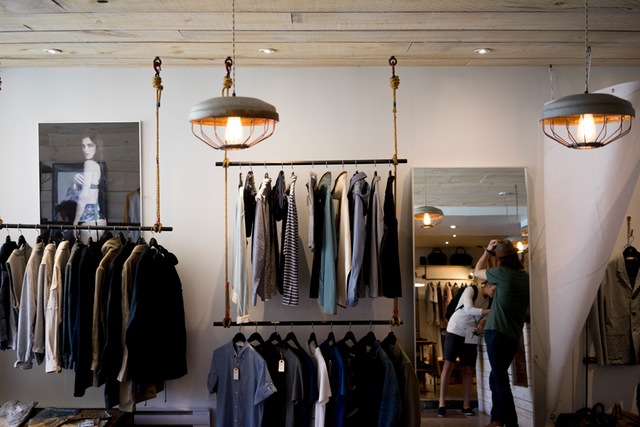We are all attracted to discounts, no matter how large or small. It’s always better to save a few bucks than to pay full price. While consumers love discounts, the topic has caused quite the stir within the retail industry around the idea of whether or not a company should base their pricing strategy on them. However, in today’s market, consumers seem to be demanding them more and more.
Recently, the DynamicAction Retail Index: Spring 2016 study found that retailers sold 4% less at full price in Q1 2016 vs. a year ago. To top it off, promotions of up to 63 percent were applied on most orders.
While offering discounts comes with many benefits like attracting more customers and increased sales, it’s important to understand how a discount strategy affects a buyer’s mentality.
Here are a few ways offering discounts affects the buyer’s psychology:
Reduces the desire to search and showroom
With so much technology, literally in the palm of our hands, it’s never been easier to shop at one store and compare prices on your mobile at the same time. If the item is not on sale at one store, chances are it is at another. Offering discounts upfront will reduce your customers desire to look elsewhere. If they walk in and know they can receive a discount, they are automatically more enticed to buy.
Creates a sense of urgency
Passing up a good deal is extremely hard for many of us. If we’re contemplating a purchase, we tend to ask: Will the item still be here when we come back? What if it sells out? Will the price increase by the time I come back? Typically, the thought of missing out on a good discount on an item we want is enough to go through with the purchase, right then and there. The fear of missing out is a powerful tool, which is why you almost always see time limits attached to discounts.
Reduces the need to justify the purchase
When we find an item we don’t necessarily need, it’s easy to ask yourself, do I really need this new shirt? Sometimes our self-control will kick in and say no, but when you know you’re getting a good deal, you often don’t bat an eye at putting the item in your cart and move forward with completing the purchase.
While offering discounts is a great way to get customers to your store and completing a purchase, some retailers worry that offering too many discounts can label your brand as a “discount brand.” So how do you appeal to the buyer’s mentality with discounts, without becoming a discount brand? It’s simple: Offer exclusive discounts.
Many retailers overlook the benefits of exclusive discounts. Offering exclusive discounts is the best way for your company to get new and repeat customers in your store purchasing items, specifically because of special pricing offered just for them.
Your company can offer exclusive discounts to connect with those in hard-to-reach target markets like military, student, or teacher. Targeting a select market with exclusive discounts still has a positive effect on their buyer’s mentality and is the best way to only open up your discounts to a select group of people – ultimately getting these markets shopping at your stores and increasing ROI.
Tommy Hilfiger recently added exclusive discounts for the military, student, and teacher communities to their online store. Within three months, their three exclusive discounts accounted for 10% of total site sales and on average Tommy Hilfiger received a $15 ROI on this campaign.
If you’re looking to increase the effect your company has on your customer’s buyer’s psychology through discounts, offering exclusive discounts is the perfect opportunity for your brand to increase sales, ROI, customer engagement, and loyalty, all without being a “discount brand.” Read more about the psychology behind exclusive discounts and how they can help you attract new customers in our whitepaper, “The Unknown Benefits of Exclusivity.”
Photo Credit: Pexels







